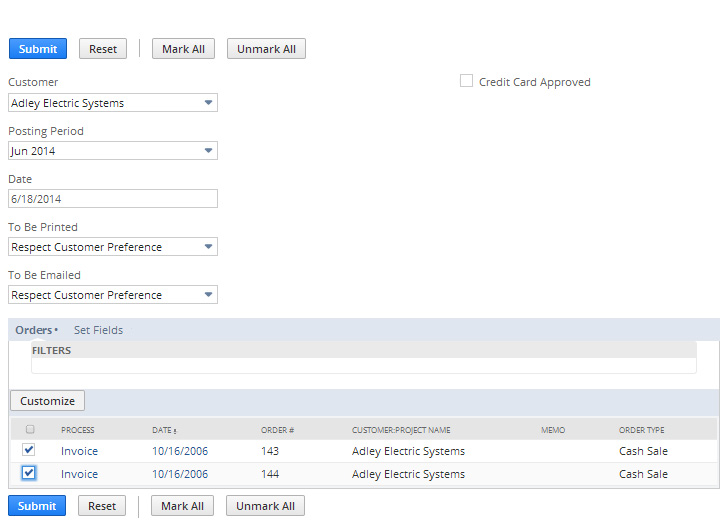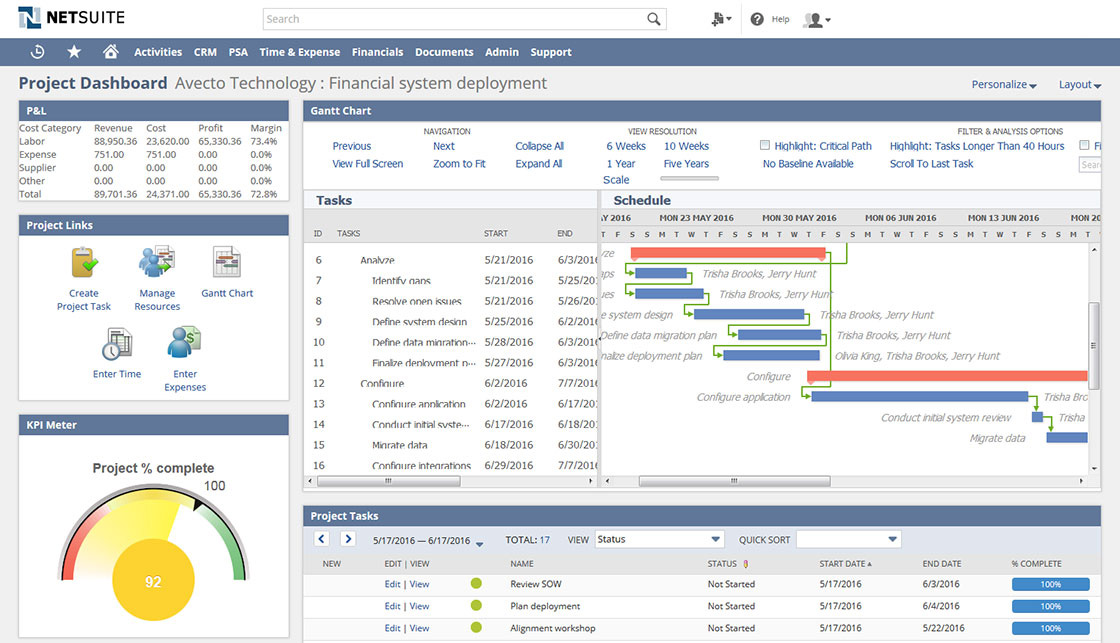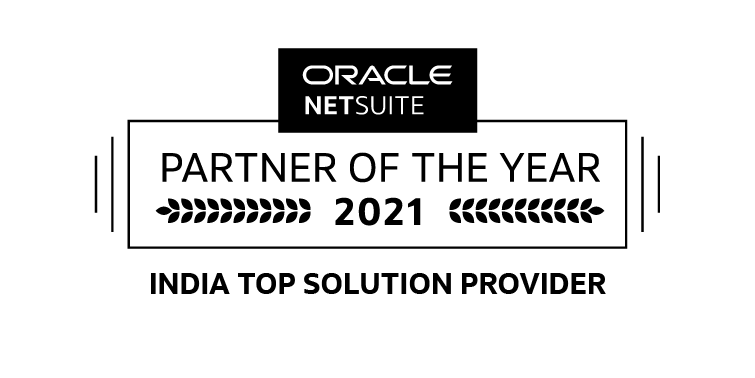Table of Contents
- 1 NetSuite ERP for Project Management: Project Tracking Reports
- 2 NetSuite Revenue Recognition
- 3 Project Billing
- 4 Are Your Services Projects Profitable?
- 5 Challenges with Services Projects Meeting their Goals
- 6 NetSuite Project Management is the Key to Unlock Growth Opportunities
- 7 On A Conclusive Note
- 8 FAQs
With NetSuite Project Management, you can manage your services organization with integrated project management, project tracking, and reporting capabilities. This Project Management ERP Software helps project managers automate project creation when specific services are sold. Also, they can automatically track the percent complete, time budgeted, and time spent on each project task. This ERP for Project Management comes with Reports for utilization and backlog to analyze employee workloads and business efficiency.
NetSuite ERP for Project Management: Project Tracking Reports
- Project Profitability – Project managers can easily review the profitability of projects based on actual posting revenue and expense transactions.
- Resource Utilization – Project Management Software assists business administrators in tracking employee utilization. Additionally, it allows you to compare utilization for two time periods at once. For example, you can take a look at the current month-to-date utilization and the current year-to-date utilization side by side.
- Current Backlog – NetSuite Project Management ERP gives you a quick overview of tasks remaining on your open jobs. You can check the number of jobs assigned to each service representative and the number of hours left to complete the tasks.
NetSuite Revenue Recognition
This Project Management ERP Software renders extensive capabilities across Revenue Recognition to increase business efficiency, save substantial business hours, and eliminate dependency on spreadsheets by driving automation across the complete revenue management process.
With NetSuite Revenue Recognition, project-based businesses can
- Standardize allocations and rules-based revenue schedules
- Get simple and easy exemption management
- Improve forecast accuracy with real-time updates on committed, deferred, and recognized revenue.
- Streamline reporting with automatically adjusted deferred revenue and updated contract balances based on actual billings and earned revenue totals.
Project Billing
By leveraging the fundamentals of Project Management ERP, project managers can bill projects based on completing project work and achieving project milestones without any hassle.
The billing schedule type specified on the project defines the type of project
- Time and Materials Billing
- Fixed Bid Billing
- Interval/Milestone Billing
- Charge-based Project Billing

Also, this ERP for Project Management helps generate billing forecasts based on the effort planned to be expended across the planned project billing interval.
Are Your Services Projects Profitable?
Most project managers in services businesses have a clear objective of delivering projects as efficiently as possible while multiplying their company’s profitability. However, completing projects within time and abiding by all the constraints set by the contract isn’t a cakewalk.
Challenges with Services Projects Meeting their Goals
If you often struggle with this question- why do projects run over budget and deadlines like your fellow businesses, you must have encountered the below-mentioned challenges.
Inadequate Project Visibility
Project management with an opaque understanding of the project status is one of the primary causes of projects running over budget.
Oftentimes, different teams within an organization use different tools to update project status. This way, every department or team creates incomplete status reports and a disparate picture of the project. Using different tools, whether spreadsheets or dedicated project management software, lead to a lack of standardization and project managers often fail to monitor KPIs and update dashboards. This lack of cohesion and communication drives further uncertainty across alignment of project status, and financials.
Lack of Collaboration
As a business administrator or project manager, you must have had the chance where you would have to deal with improper and inadequate communication between team members. For the most part, it is difficult to track updates if they are still using emails or company chat tools.
For instance, you can have mismatched information between reports and impact profits near the end of the project if project statuses and timesheet approvals are given verbally and you can hardly track them in a system. With inaccurate communication, projects are delayed, run over the budget, and impact business profitability adversely.
Resource Misalignment
To maintain cash flow and drive increased business profits in service organizations, business administrators should maximize the number of billable hours per employee. However, it is a critical task.
If you can’t identify the right resource to work on specific projects, you may not properly utilize your resource. Moreover, manual or administrative works consume the time that can be spent on completing the project on time and in this fast-paced working environment, thriving businesses cannot afford such delays.
For instance, your employee or workforce relying on manual data entry into the project management system and manually updating the project financials, are probably spending substantial business hours on nonbillable hours, impacting revenue adversely.
Complex Accounting and Billing
If you are still running on spreadsheets and disconnected financial management systems, inaccurate accounting and billing errors would be your common and regular business challenge. It readily affects revenue recognition and the services team’s performance during a project.
For example, your project team may enter the wrong cost code for hours worked into a spreadsheet they are operating from, which creates data not accurately represent the work completed. Similarly, if your team is working from separate systems and spreadsheets, it will limit the ability to automate certain project processes. Moreover, disparate systems don’t allow the team to implement billing rules during the initial project setup and there is no auto generation of invoices.
NetSuite Project Management is the Key to Unlock Growth Opportunities
With NetSuite Project Management that connects to customer relationship management, financial, and HR systems, growth-seeking companies can gain better control over the project lifecycle and automate crucial business operations.
Services teams need a centralized data repository to access the right information. By leveraging NetSuite Project Management ERP Software, project managers can abstain from time-consuming tasks like trying to correct and fill in the missing pieces. It readily helps them increase billable hours, manage resources for business-driving activities, and work with risk-protected management.
With NetSuite Project Management ERP, business administrators can
- Get more accurate reporting
- Standardize systems and processes
- Allow teams to monitor details down to the project level
- Improved collaboration by eliminating access to separate systems
- Optimize resource utilization by integrating PSA and HR systems
- Ensure the right resources are working on the right task

Furthermore, with the deployment of an ERP for Project Management like NetSuite, you can witness automated billing and invoicing with billing rules that link projects to financials. Additionally, you can manage pending charges and invoices with Project Management Software. Such inventive capabilities help you have better control over the organization’s revenue recognition from the project being worked on for improved business performance.
On A Conclusive Note
At inoday, #1 ORACLE NetSuite Channel Partner, you can connect to skilled and adept NetSuite Consultants and avail of effective tools across project management, revenue recognition, and financial consolidation—customized specifically to meet your unique business needs.
FAQs
Can NetSuite be used for project management?
With NetSuite’s project management solution, both project managers and team members can collaborate on projects effectively. It allows you to maintain current and accurate project status at all times. Project managers can proactively identify and resolve potential business issues with each engagement.
Does NetSuite have project tracking?
If you pick NetSuite Project Management, you can easily manage your services organization more effectively with integrated project management, project tracking, and reporting. You can steer automated project creation and automatically track project completion status and time spent on project tasks.
What does a NetSuite project manager do?
A NetSuite Project Manager leads project management activities such as project planning, work breakdown structures, and change control in an in-person or remote capacity as requested by the client. This includes video or onsite interaction, however, not limited to this only.
For more details on NetSuite Project Management, write to us at info@inoday.com Or Schedule A Demo




